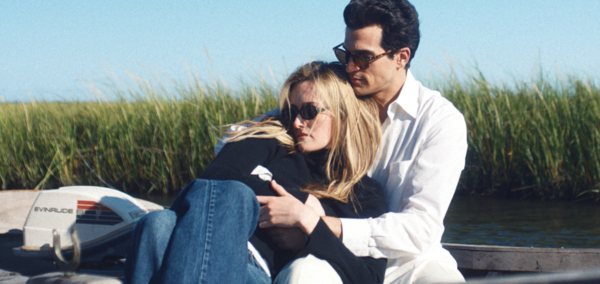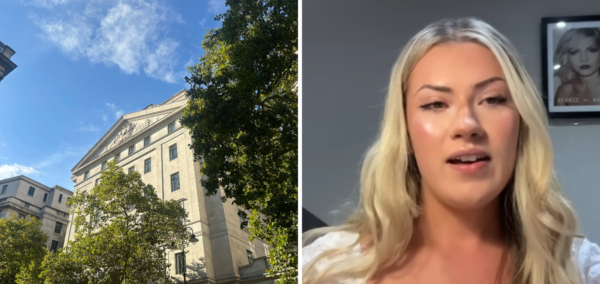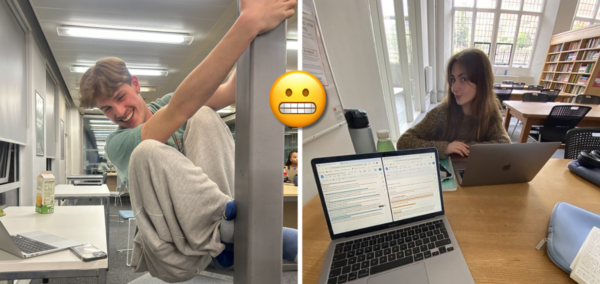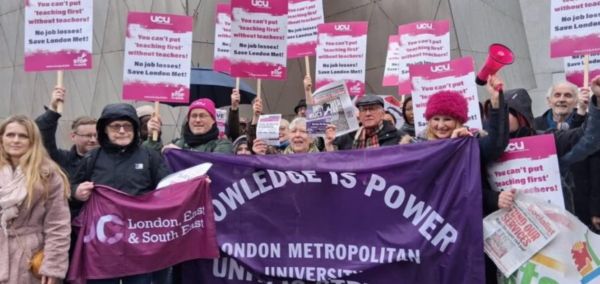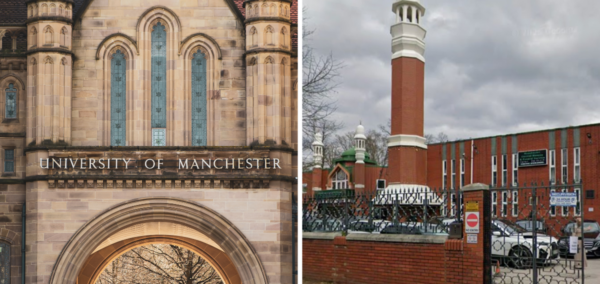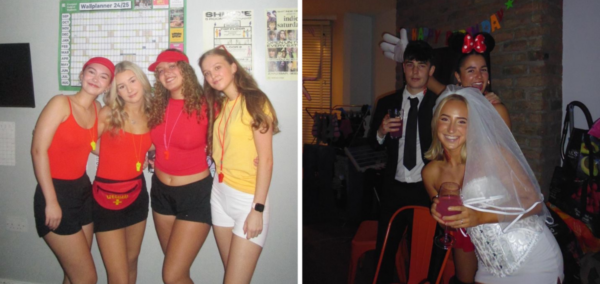
‘If we stop the march, we stop the fight’: Sheffield Uni holds Reclaim the Night protest
The annual march began in 1977
A protest has taken place in the city centre of Sheffield to combat gendered violence against women.
The Reclaim the Night march took place on Saturday evening with around 60 people in attendance, protesting for safer streets, better justice, and support for those who are victims of sexual violence.
The march started at the Sheffield Cathedral with protesters, before moving to the City Hall and West Street, and then finishing at the University of Sheffield Students’ Union with a minute silence to remember the women who have lost their lives to gender-based violence.
Eloise Taylor, the SU Women’s Officer and organiser of the event, told The Sheffield Tab: “I get asked the question why 50 years later we are still doing this and the reason we are is because gendered violence is still an issue that everyone faces. If we stop the march we are stopping that fight.”
Reclaim the Night marches first took place in Leeds in 1977, as part of a women’s liberation movement to demand more safety at night. It was also in connection to the Peter Sutcliffe killings and the response from the police.
Eloise went on to explain the lack of care from the police at the time, demanding women to stay indoors and giving them a curfew. Women at the time felt men were the ones who needed the curfew and therefore protested against the police approach.
Maureen Storey, trustee at Sheffield Women’s Aid, has been attending the marches since the very beginning.
She said: “I have been coming to Reclaim the Night marches for over 50 years and when we first started I wouldn’t have imagined we would still be having to protest the same stuff now. I will keep coming whilst there is a pandemic of violence against women and girls.”
With her work within Women’s Aid, Maureen added that she has seen victim blaming on the rise, and the question of what consent means.
“We still see a lot of victim blaming, questions such as what were you wearing, were you drunk and the issues of consent being contested and pulled apart. Those things haven’t changed much in the last 50 years.
“Work is being done in schools and organisations. Getting in early with preventive work to make sure misogyny gets tackled as well as the casual sexism that goes on everyday.
“It starts there but once it gets into more serious offences that people join up the dots and give more harsher consequences for those violent crimes and that victims aren’t victimised during the justice process.”
The march marked the beginning of events taking place across Sheffield as part of the United Nations’ 16 Days of Activism against Gender-Based Violence campaign, which runs between the 25th November to the 10th December.
Events include a free self defence class, a report and support drop-in, and a talk about staying safe in your Students’ Union, university and city.











